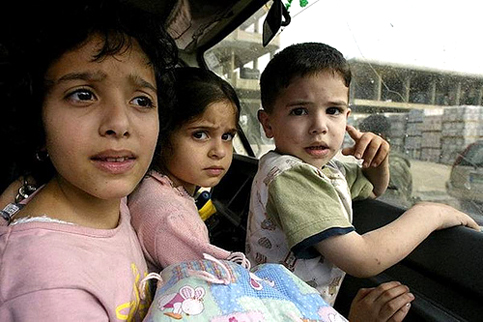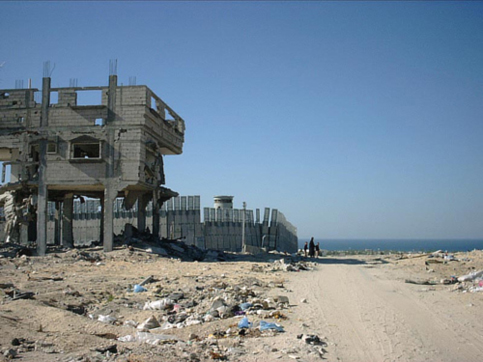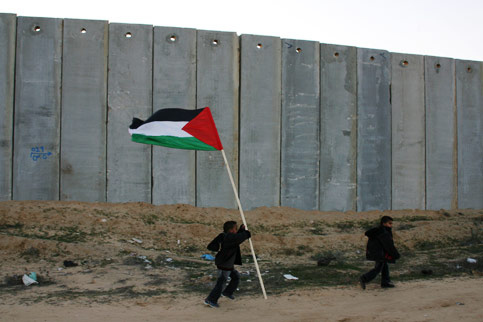rabble.ca by Raja G. Khouri. May 19th, 2008.

Photo: Lebanese woman admits Israeli military destruction in south Lebanon 2006.
A cluster bomb dropped on Centre Block on Parliament Hill could also reach in its spread the East Block, Senate, Supreme Court, Sparks Street pedestrian mall, Ottawa Visitors Center, and parts of the Wellington and Metcalfe thoroughfares. Such is the range, and randomness, of the weapon.
Made up of hundreds of “bomblets” that scatter when a bomb is dropped, cluster bombs not only kill and injure civilians during attacks, but “continue to take life, limb and land from them long after the conflict has ended,” according to the Cluster Munition Coalition (CMC), a network of over 250 non-government organizations in 70 countries, including Canada, that is calling for a complete end to the use of these weapons.
Such is the case in south Lebanon since the summer war of 2006. The UN estimated that of around four million cluster bomblets dropped by Israel during its war with Hezbollah, up to one million remained unexploded, “contaminating fields, schools, rivers and homes.” These have led to the death or maiming of nearly 200 civilians since the conclusion of the conflict.
(Lire la suite…)












